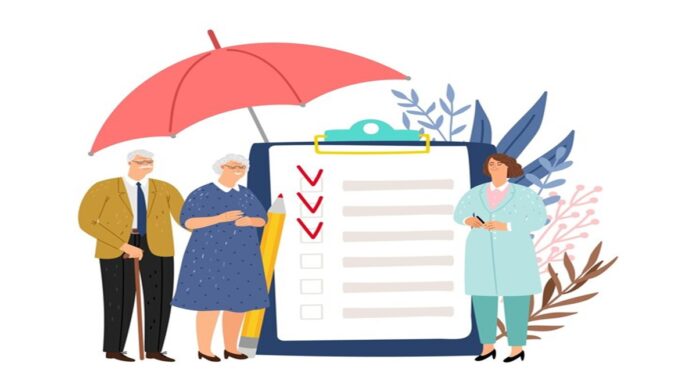In a major relief for central government employees, the Ministry of Health and Family Welfare has issued new guidelines to curb fraudulent billing and overcharging by healthcare organisations (HCOs) empanelled under the Central Government Health Scheme (CGHS). The move to launch a crackdown against such hospitals to protect beneficiaries from malpractice and ensure compliance with CGHS protocols.
New CGHS guidelines to address complaints
The Directorate of CGHS has received complaints from beneficiaries regarding overcharging, denial of treatment, and fraudulent billing practices by empanelled hospitals. To tackle these issues, detailed guidelines have been introduced for strict adherence:
The new guidelines state that hospitals must not deny services to any eligible CGHS beneficiaries. “Beneficiaries/ In cases of patient death or when the patient is in a coma, the signatures of the beneficiaries’ attendants, along with their mobile numbers, must be obtained on the final bills for all Indoor and OPD services, including daycare, laboratory services, dialysis, etc.”
Also Read Govt has asked nationalised banks to prematurely retire underperforming employees? Here’s what FinMin says ‘Resentment among central govt employees’ for not setting up 8th Pay Commission: Lawmakers push FinMin for clarity on timeline 55th GST Council meeting : What to expect and why this meeting could be crucial? Explainer: What Banking Law Bill changes mean for banks & depositors
Also read: Govt to hike medical allowance of pensioners not availing CGHS facilities? Here’s what Centre has to say
Reporting requirements
HCOs must report specific cases, such as non-referral cases, emergency admissions, and direct visits of beneficiaries aged 70 and above, within 24 hours to the respective Additional Director via email; and failure to report cases will result in non-approval of claims, the ministry says.
Transparency in bed availability
Hospitals must prominently display the availability of beds in various wards and ICUs for the benefit of visiting patients; and beneficiaries must be allocated their entitled ward category. Assigning a lower category is prohibited, it says.
According to the latest guidelines, prescriptions must use generic names in capital letters. Specific brand insistence by HCOs is not allowed; and hospitals must accept medicines supplied by CGHS and ensure proper cold chain maintenance.
If hospitals refuse to accept CGHS-restricted medicines, they must provide the purchase invoice for reimbursement, the guidelines clarify.
For implants exceeding CGHS ceiling rates,
» Read More


